What is Value Added Tax? What are the cases of exemption declaring and paying VAT in Vietnam? - Quoc Dai (Ben Tre, Vietnam)
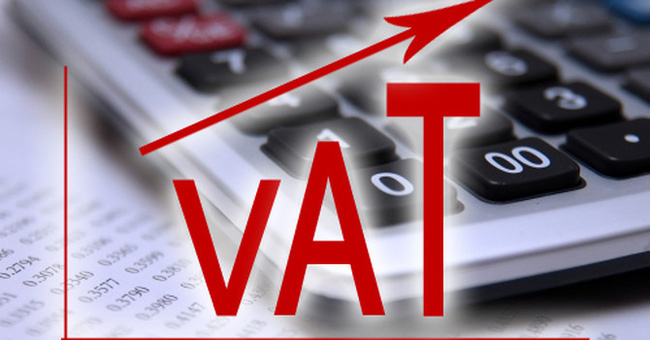
07 cases of exemption declaring and paying VAT in Vietnam (Internet image)
1. What is Value Added Tax?
According to Article 2 of the Law on Value Added Tax 2008, value-added tax is a tax imposed on the added value of goods or services arising in the process from production, circulation to consumption.
2. 07 cases of exemption declaring and paying VAT in Vietnam
07 Cases of exemption declaring and paying VAT in Vietnam according to Article 5 of Circular 219/2013/TT-BTC (amended in Circular 119/2014/TT-BTC and Circular 193/2015/TT-BTC) include: :
(1) An organization or individual receives a monetary compensation (including compensation for land and property on land that is withdrawn by a competent authority), bonus, allowance, or payment for transfer of emission permit, or other revenues.
Any taxpayer that receives a monetary compensation, bonus, allowance, payment for transfer of emission permits, or other revenues must make a receipt for such revenues. The taxpayer shall make receipts for spending according to the spending purposes.
If compensation is provided in the form of goods/services, the provider of compensation must issue an invoice, declare and pay VAT as if such goods/services are sold; the recipient of compensation shall declare and deduct tax as prescribed.
Any taxpayer that receives money from another entity to provide a service such as repair, warranty, sales promotion, or advertising must declare and pay tax as prescribed.
Example 10: Company P&C earns an interest from buying bonds and a dividend from buying shares of other companies. Company P&C is not required to declare and pay VAT on the interest buying bonds and the dividend.
Example 11: Company A receives a compensation of 50 million VND for contract termination from company B. Company A shall make a receipt and is not required to declare and pay VAT on such amount.
Example 12. Company X buys goods from company Y. Company X pays a deposit to company Y and is paid an interest on that deposit by company Y. Company X is not required to declare and pay VAT on such interest.
Example 13: Company X sells goods to company Z for totally 440 million VND. According to the contract, company Z shall pay in instalments for 03 months with an interest of 1% of the total payment per month. After 03 months, company X receives from company Z an amount that includes 440 million VND in price and 13.2 million VND in interest (440 million VND x 1% x 3 months). Company X is not required to declare and pay VAT on that 13.2 million VND.
Example 14: Insurer A and company B signs an insurance contract. When insurance is claimed, insurer A pays a compensation in cash to company B. Company B is not required to declare and pay VAT on this compensation.
Example 15: ABC is a milk company that pays its distributors to do a sales promotion (in accordance with the laws on trade promotion), marketing, and product display. When receiving the payment, the distributors that use credit-invoice method shall issue VAT invoices and calculate VAT at 10%, the distributors that use direct methods shall only use sale invoices and pay direct VAT at the prescribed rate.
(2) A business organization or businessperson in Vietnam purchases services from a foreign organization that does not have a permanent establishment in Vietnam, or from am overseas individual that is not a resident in Vietnam. These services include: repair of vehicles, machinery, equipment (including supplies and parts); advertising, marketing; trade promotion; brokering sale of goods and services to abroad; training, international postal and telecommunications services that are provided outside Vietnam, lease on foreign satellite transmission lines and frequency bands.
(3) The non-business organizations and individuals shall not pay VAT on the sale of their assets.
Example 16: Mr. A, who is not a businessperson, sells a 4 seater car to Mr. B for 600 million VND. Mr. A is not required to declare and pay VAT on the payment for the car.
Example 17: Mr. E, who is not a businessperson, pledges a 5 seater car at bank VC to take out a loan. Mr. E defaults on the loan when the repayment is due, thus bank VC liquidates the pledged car to recover the debt. The money collected from liquidating the car is not subject to VAT.
(4) The entities that transfer project of investment in manufacturing or trade of goods/services subject to VAT to other companies or cooperatives.
Example 18: Company P executes a project of investment in an industrial alcohol factory. In March 2014, 90% of the project is completed according to the design, and the investment is 26 billion VND. Due to a financial difficulty, company P transfers the incomplete project to company X for 28 billion VND. Company X receives and keeps executing this project. Company P is not required to declare and pay VAT on the value of the transferred project.
(5) A company or cooperative that pays VAT using credit-invoice method and sells unprocessed or preprocessed farming, breeding, aquaculture products to another company or cooperative for commercial purposes shall be exempt from declaring and paying VAT. The selling price on the VAT invoice is VAT-exclusive price, the line of tax rate must be left blank and crossed out.
A company or cooperative that pays VAT using credit-invoice method and sells unprocessed or preprocessed farming, breeding, aquacultural products to other entities such as business households, businesspeople, other organizations or other individuals has to declare and pay 5% VAT according to Clause 5 Article 10 of Circular 219/2013/TT-BTC.
A business household, businessperson, company, cooperative, or business organization that pays VAT directly on value added using direct method and sells unprocessed or preprocessed farming, breeding, aquaculture products for commercial purposes shall declare and pay VAT at 1% of the revenue.
Example 19: Company B, which pays VAT using credit-invoice method, purchases rice directly from the farmers or farming companies. This direct purchase of rice from the farmers or farming companies is not subject to VAT.
When company B sells rice to exporter C, company B is not required to declare and pay VAT on the rice sold to exporter C.
When company B sells rice to company D, which is a noodle producer, company B is not required to declare and pay VAT on the rice sold to company D.
On the invoices issued to exporter C and company D, company B must specify that the selling price is VAT-exclusive. The line of tax rate must be left blank and crossed out.
When company B directly sells rice to consumers, 5% VAT shall be declared and paid in accordance with the instructions in Clause 5 Article 10 of Circular 219/2013/TT-BTC.
Example 20: Company A, which is a business organization that pays tax using credit-invoice method, buys coffee beans from farmers, then sells them to business household H. 5% VAT shall be levied on the revenue from selling coffee beans to business household H.
Example 21: After purchasing tea leaves from a farmer, Mr. X’s household sells them to Mr. Y’s household. Mr. X’s household must calculate and pay direct VAT at 1% of the revenue from selling tea leaves to Mr. Y’s household.
If VAT on the invoices for the unprocessed products or preprocessed products that are sold to a company or cooperative has been declared, the seller and the buyer must adjust the invoices to be exempt from VAT.
(6) When transferring depreciated in-use assets between a business establishment and its wholly-owned subsidiaries or among the these subsidiaries to serve the manufacturing or trade of goods/services subject to VAT, invoices and VAT payment are not required. The taxpayer that transfers their assets must make a Decision on asset transfer enclosed with the documents about the asset origins.
When transferring a fixed asset, the value of which has been reassessed, or when transferring an asset to another business establishment that manufactures of trades in goods/services that are not subject to VAT, VAT shall be paid and VAT invoices must be made.
(7) Other cases:
Taxpayers are not required to declare and pay tax in the following cases:
- Assets are contributed to establish a new company. Contributed assets must have: contribution record, partnership or cooperation contract; asset valuation record (made by a valuation council or the contributor or an organization licensed for valuation), and documents about asset origins.
- Assets are circulated among financially dependent subsidiaries of a company (hereinafter referred to as dependent units); assets are circulated when a company is divided, split, amalgamated, merged, or converted. When assets are so circulated, the taxpayer that has the circulated assets must make an asset circulation order enclosed with documents about the asset origins and is not required to issue invoices.
When assets are circulated among the financially independent subsidiaries or among the subsidiaries that have full legal status of the same taxpayer, the taxpayer that has the circulated assets must issue VAT invoice, declare and pay VAT as prescribed, except of the case in item (6).
- Compensation claimed from a third party under an insurance contract.
- The delegated payments that are not related to the sale of goods/services of the taxpayer.
- The revenue from goods/services sold by agents, commissions paid to agents, including:
+ Postal and telecommunications services, lottery, air tickets, bus tickets, train tickets, ship tickets, international transport agents;
+ Air and maritime service agents entitled to 0% VAT; insurance agents.
- Revenue and commissions on selling goods/services that are not subject to VAT.
- The business establishment is not required to pay VAT on re-import of exported goods returned by the foreign buyer. VAT on returned domestic goods shall still be declared and paid as prescribed
- Organizations or enterprises paid remunerations by government bodies for their provision of authorized collection or payment services.
Such authorized collection and payment remunerations which are not subject to value-added tax declaration and assessment as prescribed in this point are those obtained from activities:
+ Collection of voluntary social insurance, voluntary health insurance premiums authorized by social insurance authorities;
+ Payment of benefits provided as an advantage for persons honored for their meritorious service, other benefits authorized by the Ministry of Labor, War Invalids and Social Affairs of Vietnam;
+ Collection of taxes paid by sole proprietors authorized by tax authorities and other collection and payment activities authorized by government bodies
Quoc Dat
- Key word:
- VAT in Vietnam
 Article table of contents
Article table of contents

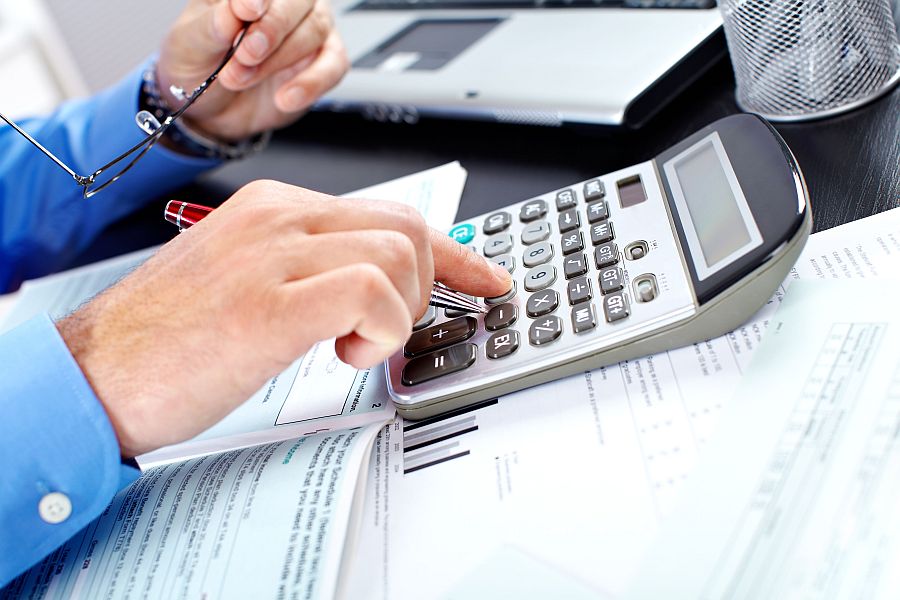
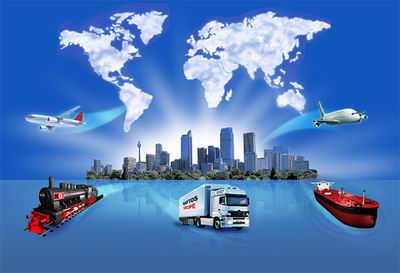
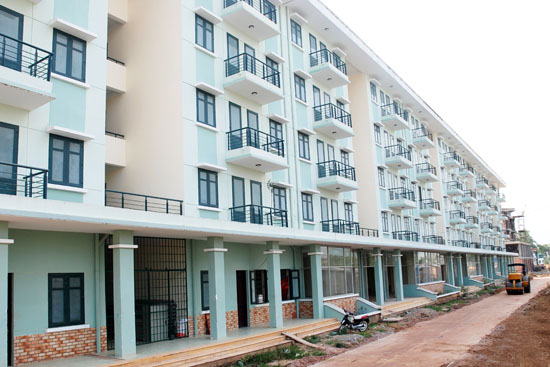

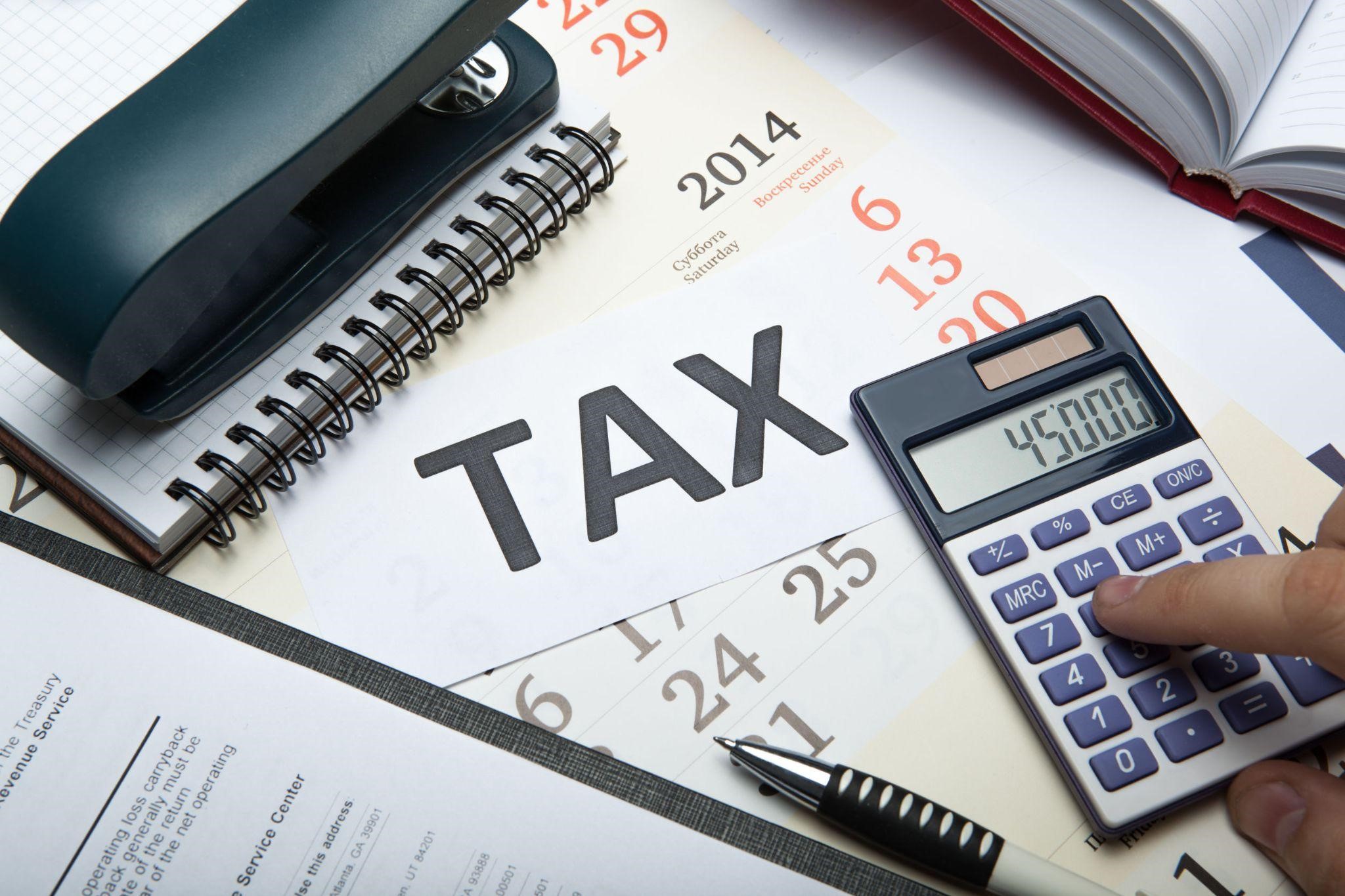
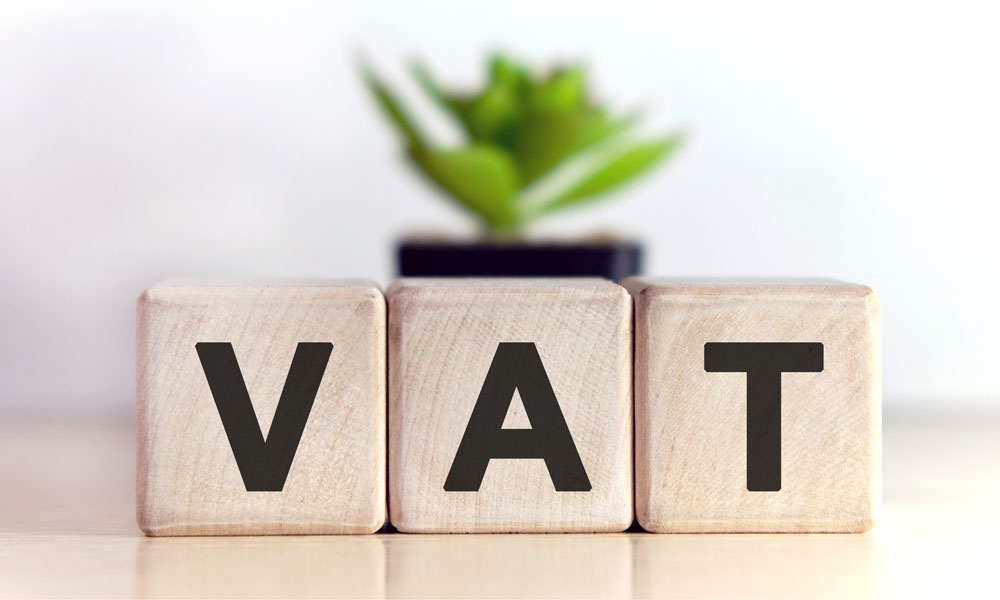
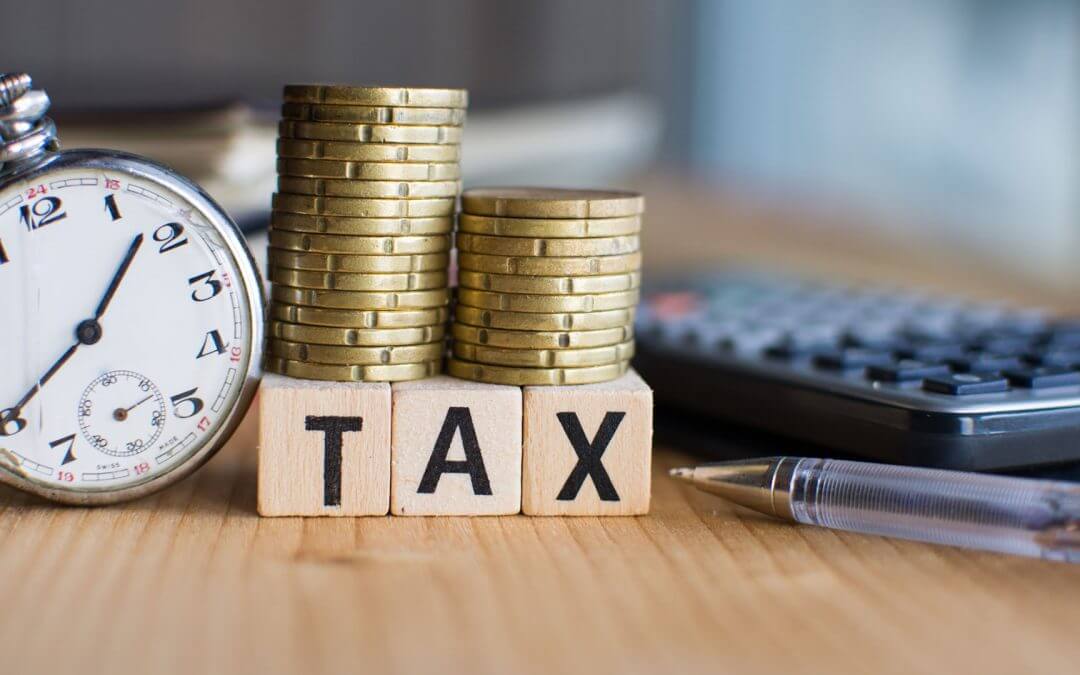
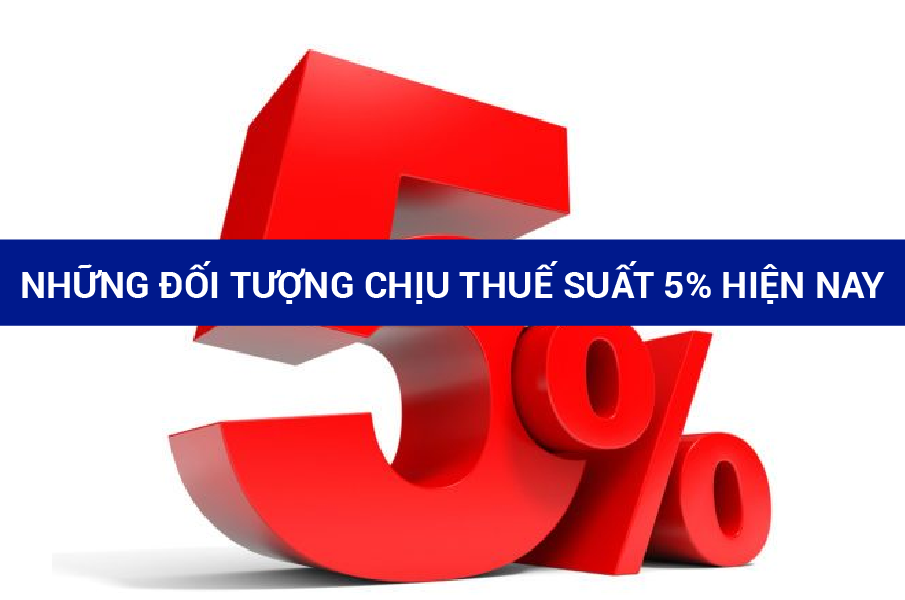

.Medium.png)
.Medium.png)
.Medium.png)
.Medium.png)
